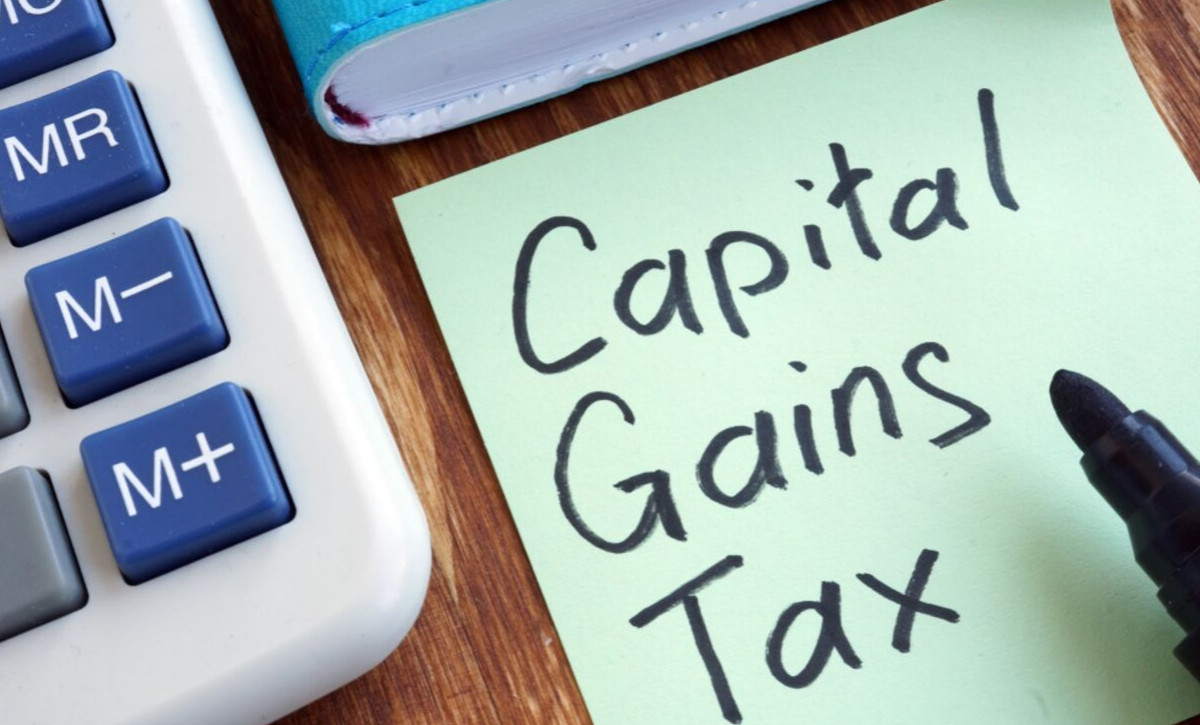Some of us are creative, hard working and sworn go-getters. So instead of just waiting for a salary from employers, we try some business ventures, whether small or big.
In street language, this is what people refer to as side hustles. Running something of your
own is becoming important, especially that COVID-19 has ravaged the world and economies.
Allow us to show you that you need to pay tax on almost all side hustles. As a tax firm, we intend to demystify the technical jargon applicable to the issue at hand and to enhance your understanding of tax matters.
Income tax is due No matter what side hustle you do, it is considered a business, whether you run it as an individual or through a company.
From experience, the following are the most common side hustles: forex trading, rental of immovable and movable property, consultancies, hairdos, hands-on jobs like plumbing or construction, as well as selling of health products. However, if you rear not more than 300 cattle or 1800 goats/sheep for slaughter as an individual, that side hustle is tax-free, save that the 4% tax applies. The same applies to dryland farming conducted by an individual on a farm not bigger than 100 hectares.
So, as you do that hustle, you may make a profit or run losses. Where you make a profit, those profits are subject to income tax, either in your name or in your company’s name.
Profits basically refer to sales being more than your expenses. If you run the side hustle as an individual, you are only taxed if the profits plus your salary currently exceed
P36 000 per annum (soon to be P48 00/annum). In other words, the salary and profits are
aggregated in arriving at your taxable income. If the hustle is done through a company, the company pays income tax from the first thebe of profits generated.
The P36 000 tax-free portion does not apply. Whether you operate your hustle through a company or as an individual, you must file an income tax return once in a year.
Companies may have to pay advance quarterly tax but individuals pay the tax within
30days of the issuance of an assessment by BURS. The reality of the matter is that most hustlers are not compliant with taxes and usually want to sort this when they need a tax clearance certificate.
Keep accounts Income tax is easily determined if accounts are available as these dictate whether tax is due or not, as well as the quantum. Accounts keep track of your daily sales, expenses, liabilities and assets. If you want this done properly, engage a qualified accountant. If you make a loss, no tax is payable.
In instances where you are running the business as an individual and you realise a loss from the side hustle, you can’t reduce your salary with the loss from the business. These two don’t mix. But I will be honest with you and state that very few hustlers keep accounts. Infact, the ventures they engage in are viewed as survival endeavours and tax is not considered. That is the reason why you are reading this article so you may do the right thing of keeping a record of your sales and expenses.
What about VAT?
If your business attains an annual turnover of P1m, you will be required to register for VAT, either as an individual or as a corporate. Once registered for the tax, you must comply with VAT filing requirements.
This may make your compliance matters a little bit complex and seeking professional advice may be unavoidable.
Deduct tax on rent Any business which pays rentals of at least P3 000 per month or P36 000/annum is required to deduct 5% as a withholding tax from such rent and pay it to BURS. The tax is deducted on the amount paid for the use of land and or buildings
such as offices and farms. The tax is deducted on the amount before VAT.
Conclusion The team at Tax Fountain, your go-to tax consultants, hopes that you found this article useful. Should you require further assistance or to join our free tax Whatsapp group, please contact us using the following details: info@taxfountain.co.bw or 3116269/+267 76091079.




